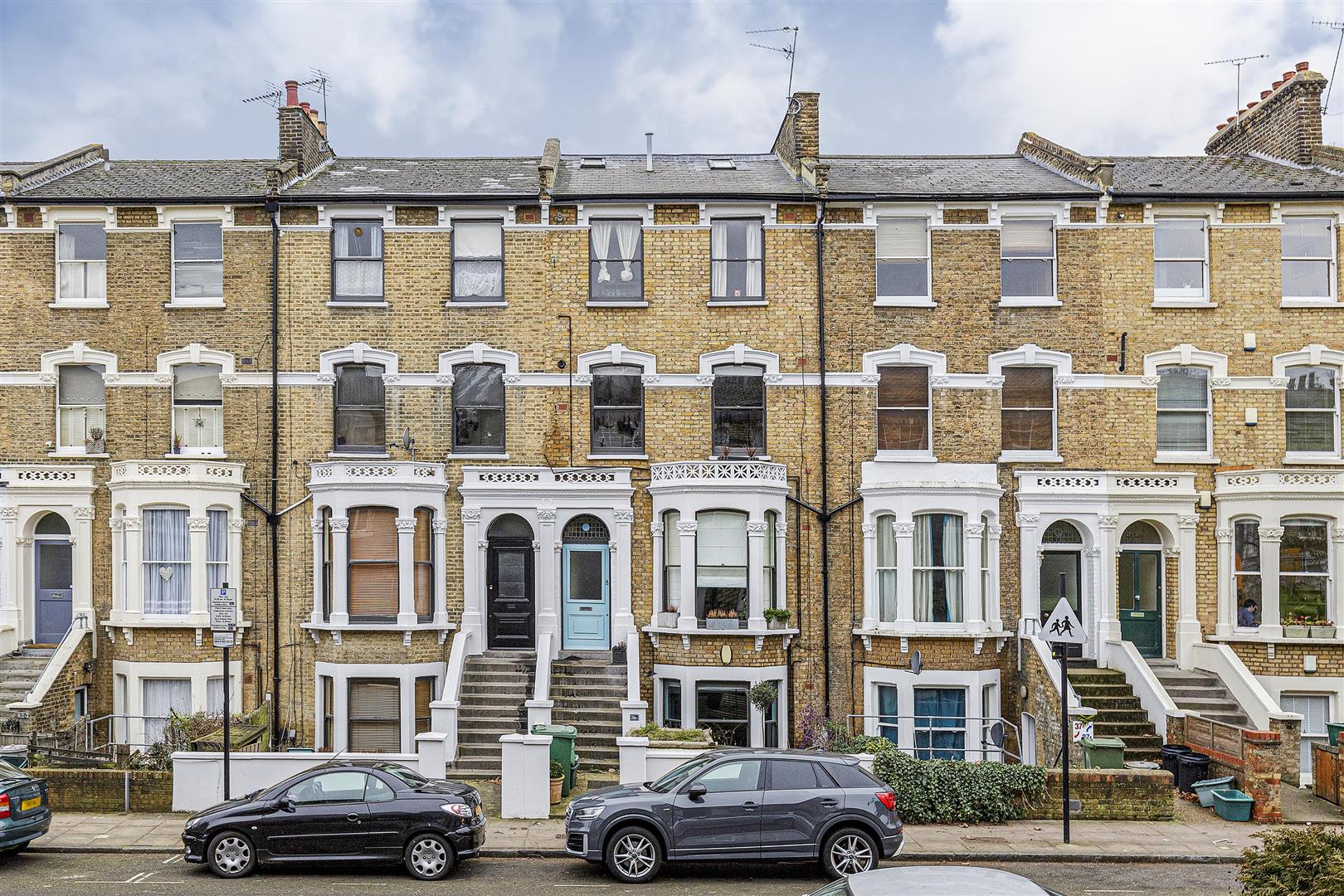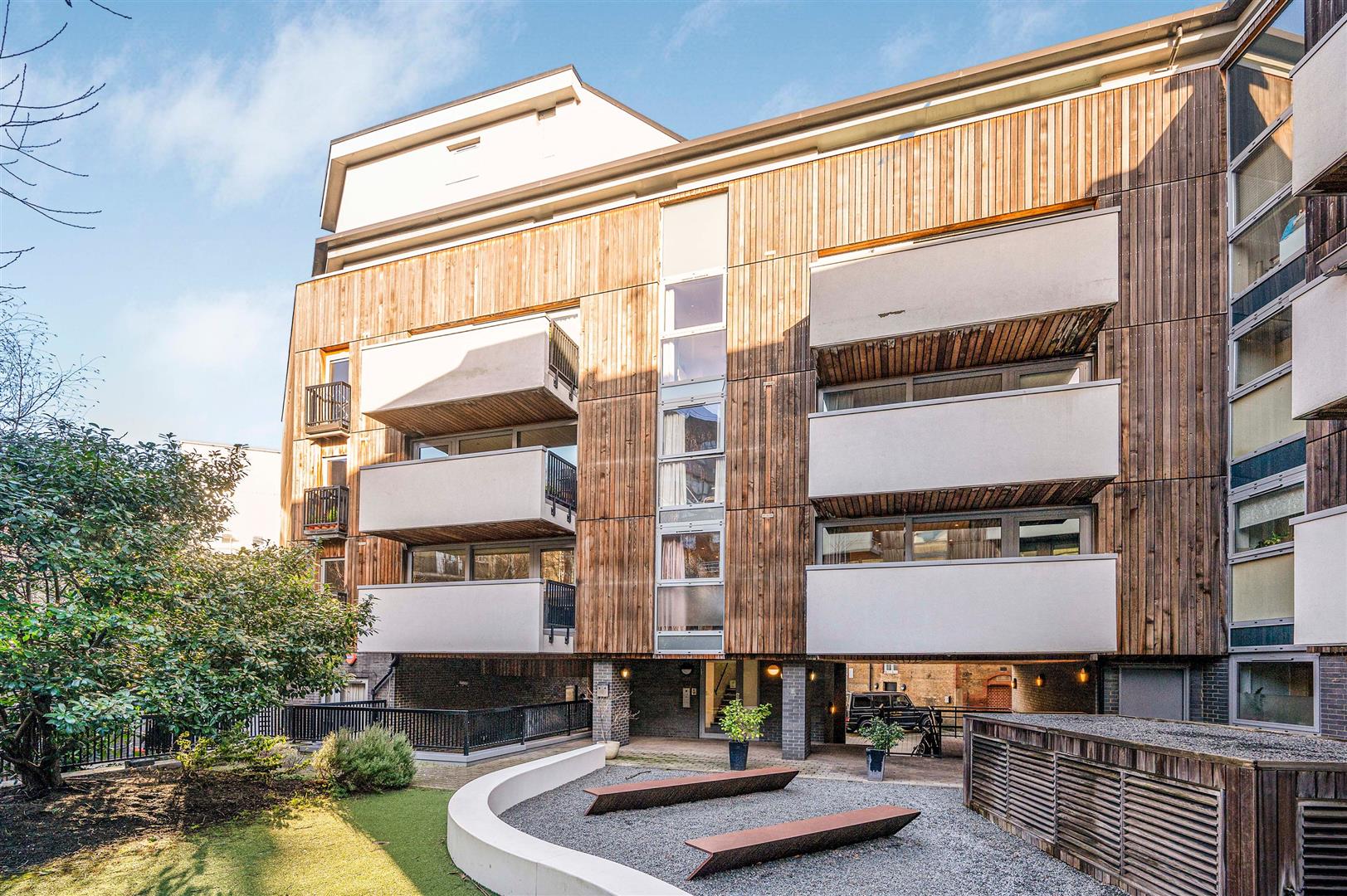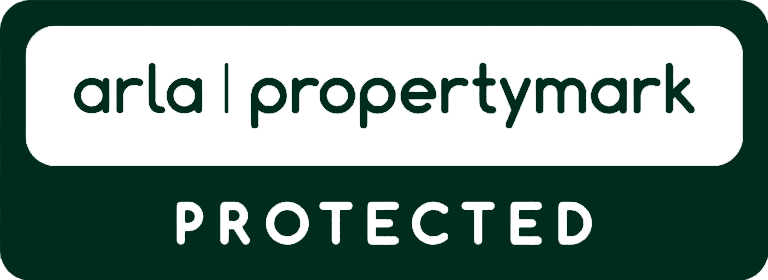Why the New Year Is the Perfect Time to Check Your Reserve Fund
Reserve Fund 101: What It Is and Why It Matters
First things first: what exactly is a reserve fund? Think of it as your building’s savings account. It’s there to cover big-ticket maintenance jobs like roof repairs, repainting, or replacing the lift. And just like a personal rainy-day fund, it’s there to save you from sudden financial headaches when the inevitable happens. For individual homeowners, having an emergency stash can soften the blow of a busted boiler or a surprise leaky roof. For those in blocks of flats, a reserve fund works on a bigger scale, spreading the cost of major works across time and across all leaseholders. It’s a fair and sensible way to keep your property in tip-top shape without hitting anyone with eye-watering bills out of nowhere.
Why the New Year Is Prime Time for a Reserve Fund Check-Up
January has a certain “let’s get our lives together” vibe, making it the perfect time to take a closer look at your building’s financial health. Here’s why you should pencil in some reserve fund TLC:
Start Fresh: The beginning of the year is a natural time for reflection. Why not make your building’s long-term maintenance plan part of your resolutions? Reviewing your reserve fund now sets the tone for a financially sound year ahead.
Avoid Future Drama: No one likes nasty surprises, especially when they come with a hefty price tag. A well-maintained reserve fund helps dodge awkward “urgent payment” conversations with your fellow leaseholders.
Prepare for Big Projects: Whether it’s a £60,000 paint job or a full-on roof replacement, having a clear plan for major works is crucial. If your building needs a refresh in five years, contributing £12,000 annually ensures there’s no last-minute panic.
Boost Your Flat’s Value: A healthy reserve fund isn’t just good financial sense—it’s a selling point. Potential buyers love knowing a property is prepared for future expenses. It’s like the property version of a gold star.
What If Your Lease Doesn’t Allow for a Reserve Fund?
Not all leases are created equal, and some don’t make room for reserve funds. If that’s the case for your building, it’s time to get proactive. Set up your own savings account for property maintenance. Sure, it’s not as exciting as splurging on a holiday fund, but you’ll be glad it’s there when a big repair bill comes knocking.
Questions You Should Be Asking
Buying a flat? Don’t let reserve funds be an afterthought. Before committing, make sure you (or your solicitor) ask these crucial questions:
How much is currently in the reserve fund?
How are contributions calculated?
Is there a long-term maintenance plan, and what does it include?
Knowing the answers to these will help you avoid stepping into a financial minefield.
Managing Agents: Your Reserve Fund Ally
If your building has a managing agent, they should already be on top of your reserve fund’s health. Their job includes reviewing it annually, making adjustments as needed, and keeping things running smoothly. Not sure where your fund stands? A quick chat with your managing agent could save you a lot of stress—and money—down the line.
The Bigger Picture
Let’s be real: reserve funds aren’t exactly the most thrilling thing to think about, but they’re vital for maintaining the value and longevity of your property. Starting the year with a solid check-in not only future-proofs your building but also brings peace of mind to everyone involved. And hey, it’s way more satisfying than starting yet another doomed juice cleanse.
Contact us:
hello@bromptonblockmanagement.co.uk – Head of Property & Block Management
0207 272 0986
Brompton Block Management, 85 Stroud Green Road, London, N4 3EG
Article & images by Barefaced Studios
You might also want to read other useful blog articles by clicking here.
_________________________________________________________________________
Please note that all content contained within our website is for informational purposes only. You should not construe any such information or other material as legal, tax, investment, financial, or other advice. All Content on this site is information of a general nature and does not address the circumstances of any particular individual or entity. We advise seeking professional advice from a legal, financial, or other professional.

 Changing Block Management: What You Need to Know
Changing Block Management: What You Need to Know  The Essential Maintenance Checklist Every Flat Owner Needs
The Essential Maintenance Checklist Every Flat Owner Needs 
